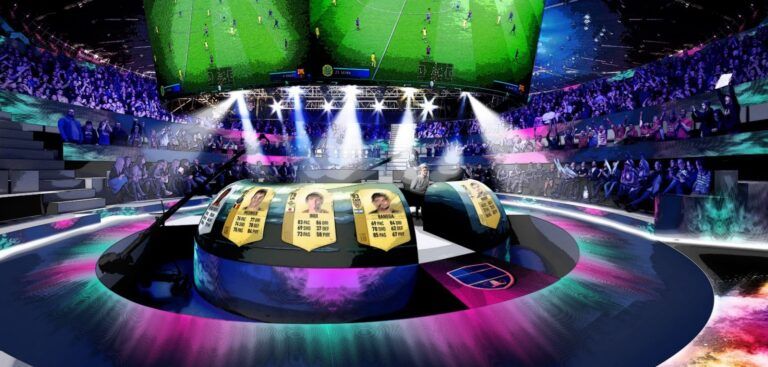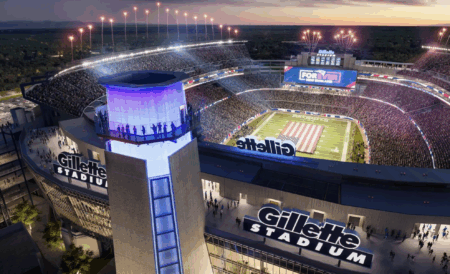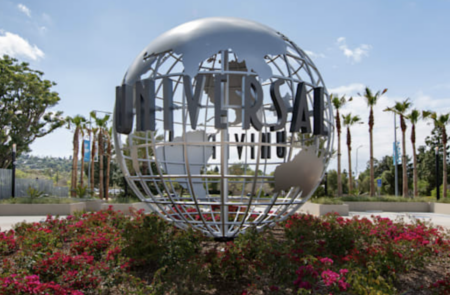The sports industry has a powerful new player in the form of esports, so a desire to develop dedicated spaces are quickly becoming relevant as the popularity of competitive gaming increases.
Esports has come a long way since it was first seen in small, grassroots gaming communities and convention centers two decades ago. Today, events can fill capacity at the largest sporting venues, yet these large-scale events are rare. For larger events, limited venue options combined with soaring visitor numbers force event operators and video game publishers to host tournaments in existing sporting venues. These spaces provide the prerequisite technical and broadcasting infrastructure but often offer suboptimal arena proportions and spectator experiences.
Compared with traditional sports, an esports arena requires a demanding set of criteria that enables it to simultaneously be a movie theater, arena and a broadcasting studio. From the position of a spectator, the arena must combine the seating proximity of a movie theater while also providing an atmosphere more typically shared in stadia.
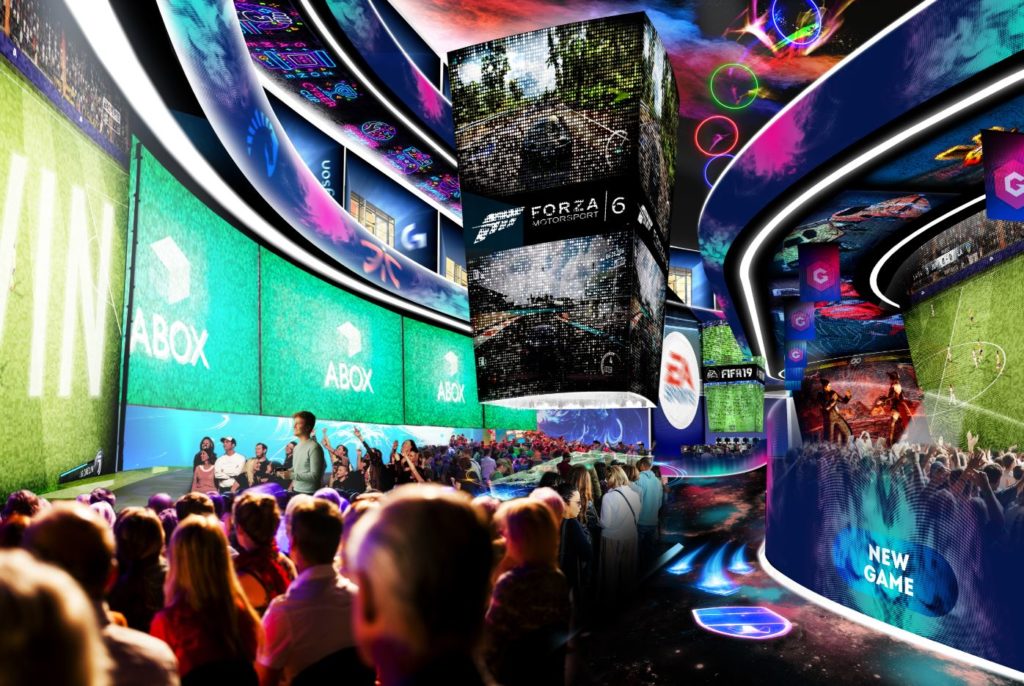
Research suggests that the frequency and variety of events within the current esports scene favor smaller scale arenas of less than 500 seats. As consumption of esports is predominantly online, this presents the opportunity for the industry to look at creating smaller venues that focus on an enhanced competing environment for athletes, unconstrained spectator experiences, and a flexibility that embraces the fast-changing pace of the esports environment. This flexibility is key to giving venue operators the best opportunities to host varying gaming competitions and events.
However, creating just a sole esports arena is not enough. In Arup’s work with esports industry professionals, athletes and fans, the most challenging aspect of designing a dedicated esports arena is sustaining the arena space with additional content that can encourage footfall of a young target demographic.
The duration of an esport event can last from a single evening to multiple-days, which therefore means spectators spending a long amount of time at a venue. This requires facilities to have infrastructure to keep visitors constantly engaged with esports or gaming through accompanying events, attractions and entertainment.
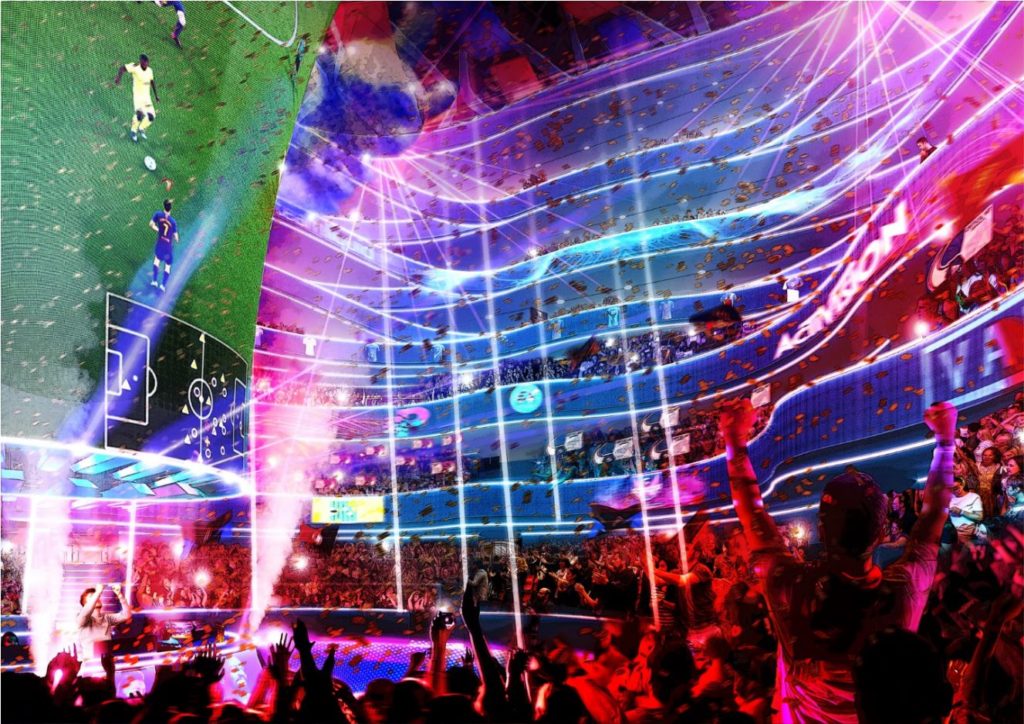
Offering engaging and immersive experiences, both in and outside of the arena space, differentiates from watching an online stream, giving the venue a purpose that acts as a generator of footfall. An esports arena offering this kind of digital festival appeals to consumers in a different way, allowing the venue to grow resilience whilst being able to sustain the games it promotes.
Further research suggests that esports fans have a proportionately low local spending per fan compared to traditional stadium and arena sports. With the current cultural trend revolving around free-to-play, free-to-watch, and free sponsored giveaways, the new generation of esports arenas can provide further opportunity to entice consumer spending with activities they can’t experience from home.
The commercial and social viability of future esports arenas will be dependent on how they can provide consumers with one-of-a-kind experiences from the moment athletes and fans enter the venue. At Arup, we are working globally with esports industry partners and major venue operators to help deliver venues that achieve this, whilst also working with existing venues to help them embrace the new opportunities esports can bring to their business.

Chris Dite is associate director and leader at Arup Sports Venue and Design and specializes in the planning and delivery of major sports venues and events. He has worked at Arup for over 13 years and has been involved with some of the world’s biggest projects including the 2012 London Olympic Games and is an advisor on all competition venues for the 2022 FIFA World Cup in Qatar.


